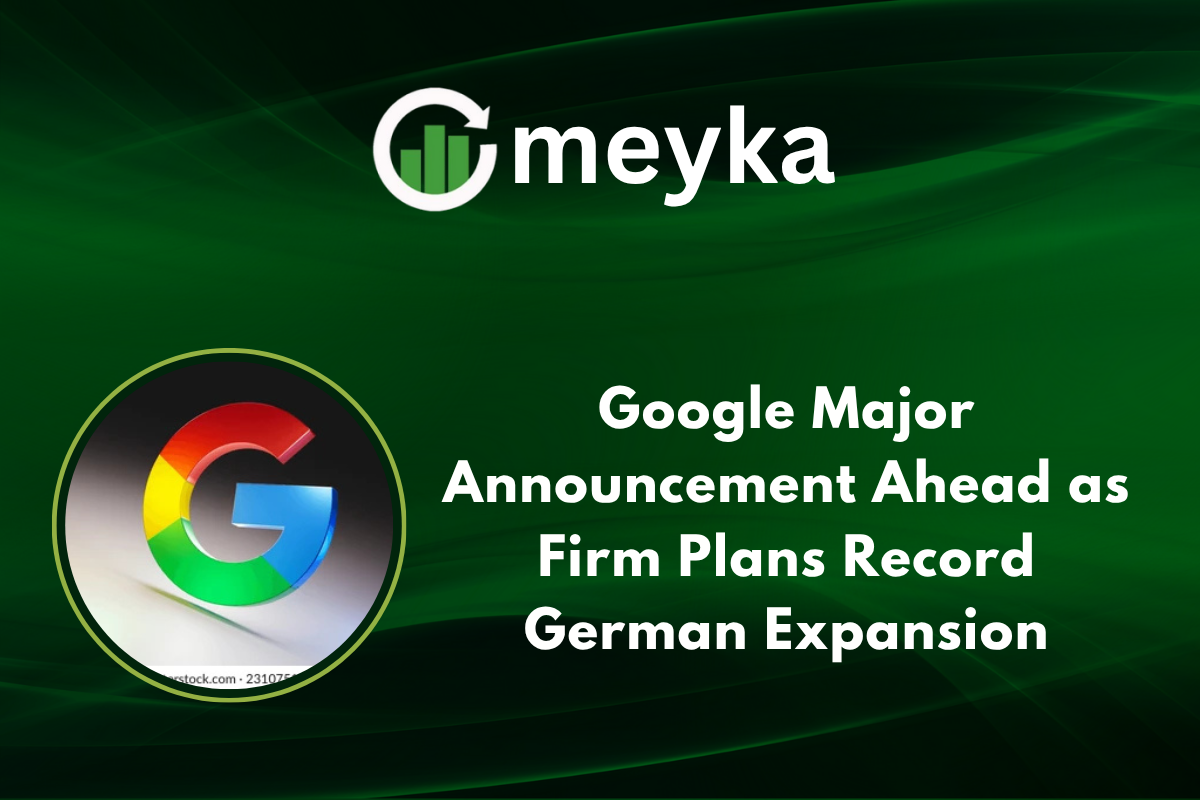Google Major Announcement Ahead as Firm Plans Record German Expansion
Google (GOOG) is set to unveil what reports call its largest-ever investment plan for Germany, a move that could reshape Europe’s AI and cloud infrastructure landscape. The company will detail the initiative at a press conference on November 11, with Germany’s finance minister present, according to multiple news reports.
Continue Reading on Meyka
This article is available in full on our main platform. Get access to complete analysis, stock insights, and more.
Read Full Article →





